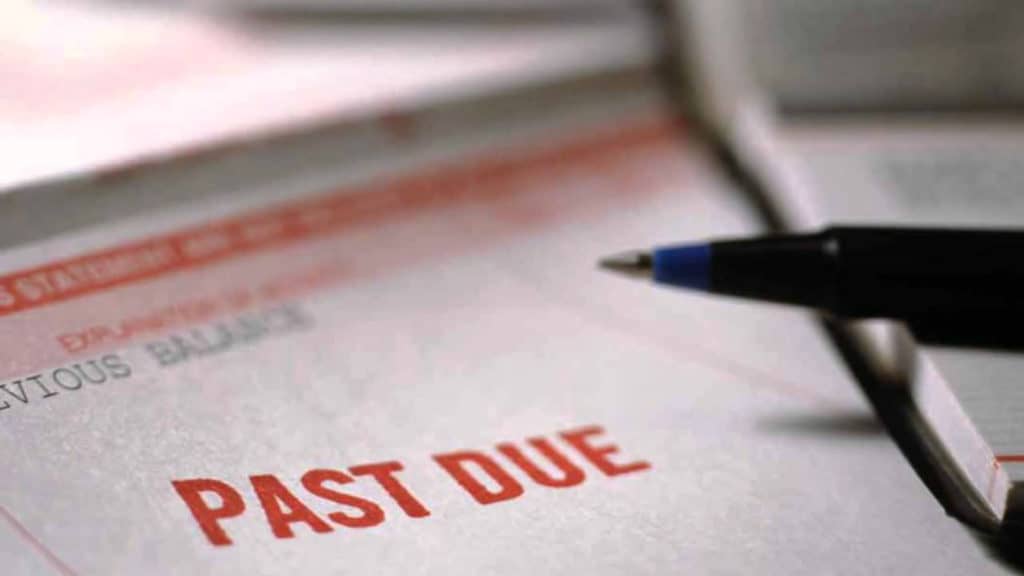
Building an emergency savings fund: Introduction
Many of us go about living our lives without giving any thought to building an emergency savings fund. After all, we live in the land of socialized medicine, so unlike our American neighbours, we won’t be ruined by medical expenses. If we need to come up with some cash for the plumber or car mechanic or roofer, there’s always a credit card, payday loan or retirement savings.
Building an emergency savings fund: Surviving a major life event
But what would happen if you lost your job, became disabled or got divorced? A credit card or payday loan can’t fix this kind of catastrophic situation. And, potentially, you could wipe out all of your retirement savings just trying to stay above water. How many ex-employees of Sears (and other companies like Sears) do you think are now living off their retirement savings?
Building an emergency savings fund: Canadians are not saving
Canadians are not saving. According to a Canadian Payroll Association survey:
- Almost 50% Canadians are living paycheque to paycheque
- 48% rely on payday to make ends meet
- 25% couldn’t pay $2,000 bill if it popped up within the next 30 days
And a CIBC poll by Harris/Decima found that 45% of Canadians did not have an emergency savings fund at all.
Building an emergency savings fund: Protecting your retirement income
The lack of emergency savings can cause financial problems far beyond a short-term cash crunch, new research shows. Some people without cash reserves end up drawing on their retirement accounts, putting them at risk of shortfalls later in life, according to an analysis by the Pew Charitable Trusts.
Don’t think of an emergency fund as just a way to tap into some cash for an unexpected expense; think of it as a way to protect your retirement income.
Building an emergency savings fund: Some simple saving tips
Many people have said that they just can’t afford to save but saving doesn’t have to be large sums of money. Put away whatever you can afford, but do it regularly and diligently. If you still think you can’t afford to save, then drop an expense and save that money.
- Bring your lunch to work
- Stop buying designer coffee
- Use public transit instead of your car
- Put a limit on how much to spend on Christmas gifts or only buy for the children
- If you smoke, stop now
- Go out less to bars and restaurants
Building an emergency savings fund: Do you have more immediate financial problems?
Your retirement savings are not your emergency fund. Set up an emergency fund (if you don’t already have one) and commit to save. If you’re living paycheque to paycheque or already dipping into your retirement savings to make ends meet, give us a call today.
The Ira Smith Team has a successful track record of helping people just like you solve their financial problems and get back on track Starting Over, Starting Now.



